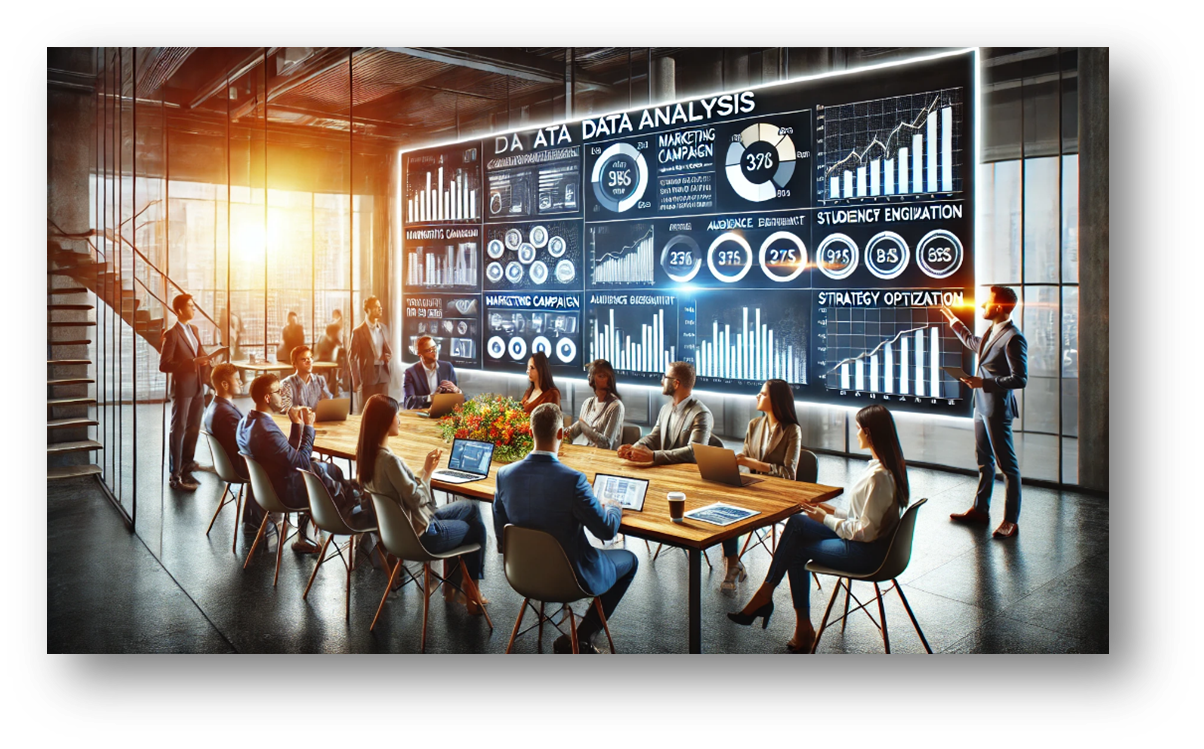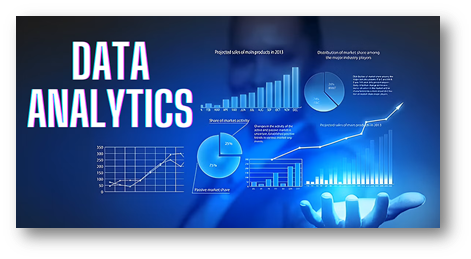The role of data analytics in business decision-making

The role of data analytics in business decision-making
by vivienne 09:45am Jan 04, 2025

Data analytics plays a crucial role in business decision-making by enabling companies to make informed, data-driven choices.
Here’s how it contributes:
1. Identifying Trends and Patterns
Data analytics helps businesses uncover trends and patterns that might otherwise go unnoticed. By analyzing historical data, businesses can forecast future trends, understand customer behaviors, and identify opportunities for growth. 
2. Improving Operational Efficiency
By examining internal processes and workflows, data analytics can identify inefficiencies and areas for improvement. Businesses can optimize resource allocation, reduce costs, and streamline operations based on insights derived from data.
3. Personalizing Customer Experience
Data analytics allows businesses to gather insights into customer preferences, behaviors, and buying habits. This data can be used to personalize marketing campaigns, product offerings, and services, resulting in better customer engagement and loyalty. 
4. Risk Management and Mitigation
Data analytics helps in assessing risks and identifying potential issues before they become problems. Businesses can use predictive analytics to forecast possible risks, such as market fluctuations, customer churn, or supply chain disruptions, allowing them to take proactive measures.
5. Optimizing Marketing Strategies
By analyzing customer data, businesses can determine the effectiveness of their marketing campaigns, understand what resonates with their target audience, and optimize future strategies. A/B testing, customer segmentation, and sentiment analysis are common analytics tools used in marketing.
6. Supporting Strategic Planning
Business leaders can use data analytics to guide long-term strategic planning. By understanding market dynamics, competitive performance, and consumer preferences, they can set realistic goals and develop strategies that align with the organization’s overall objectives.
7. Financial Forecasting and Budgeting
Data analytics aids businesses in making accurate financial predictions and setting realistic budgets. By analyzing historical financial data, companies can forecast revenue, expenses, and profitability, leading to better financial decision-making.
8. Enhancing Product Development
Through the analysis of customer feedback, usage patterns, and market trends, businesses can develop products that better meet customer needs. Data analytics can also help in refining existing products to enhance performance, quality, and market fit.
9. Competitive Advantage
Businesses that leverage data analytics gain a competitive edge. They can make quicker, more informed decisions and respond faster to market changes compared to competitors who rely on intuition or outdated information.
10. Real-Time Decision Making
Modern data analytics tools, such as dashboards and real-time data streams, provide businesses with up-to-date information, enabling them to make decisions on the fly. This is particularly important in fast-paced industries where timely decisions are critical. 
11. Measuring and Evaluating Performance
Businesses can use data analytics to assess the performance of both employees and the organization as a whole. Key performance indicators (KPIs) and metrics are tracked and analyzed to ensure that goals are being met and that corrective actions are taken when necessary.
Conclusion:
Data analytics empowers businesses to move from gut-feeling decision-making to data-driven decision-making. By leveraging data to understand trends, optimize operations, and assess risks, companies can make more informed, strategic decisions that drive growth and success.






